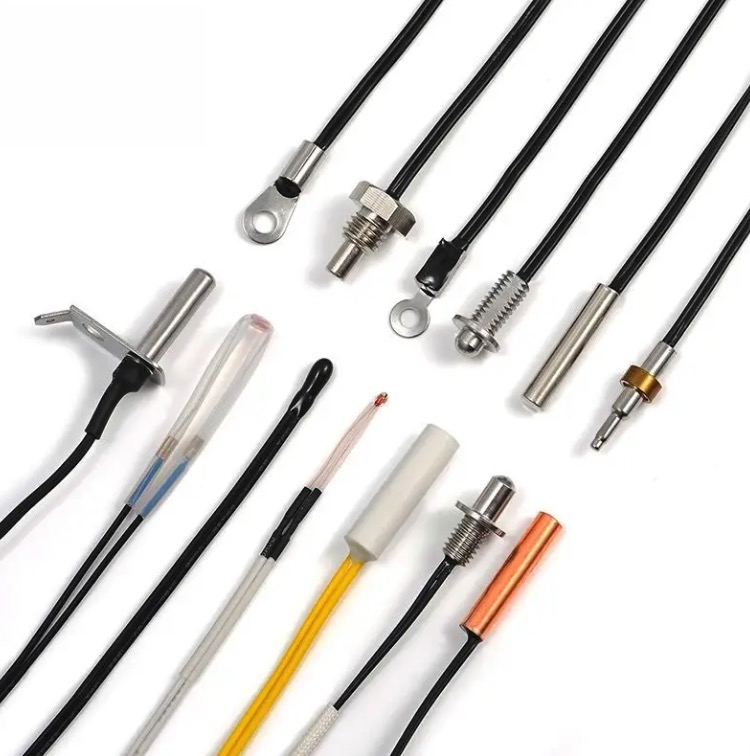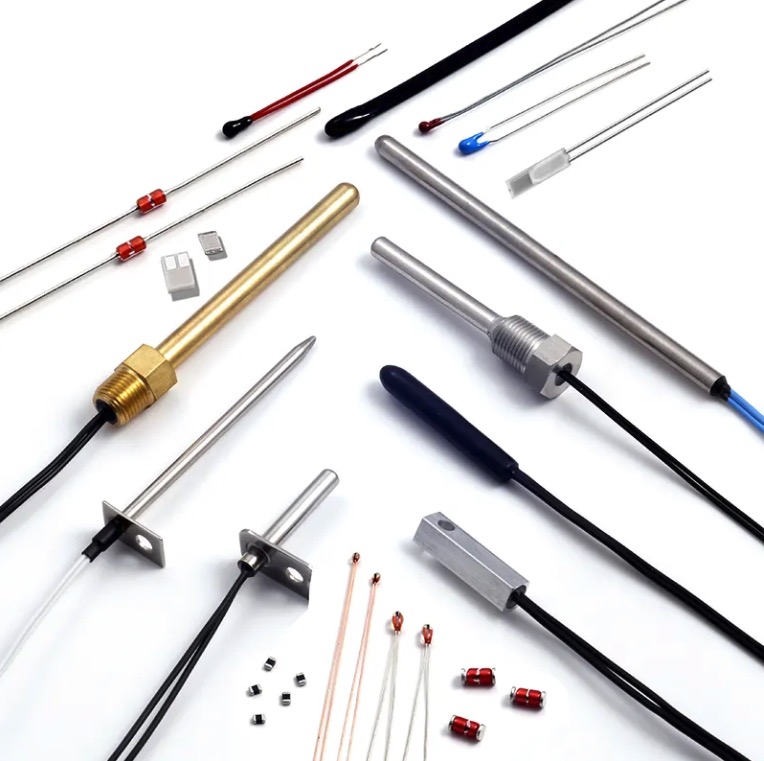NTC Thermistor en français – All You Need to Know!
Table of Contents
- Introduction
- What is an NTC Thermistor?
- Applications of NTC Thermistors
- Advantages and Disadvantages
- Conclusion
Introduction
Welcome to our comprehensive guide on NTC Thermistors! In this article, we will explore the concept of NTC Thermistors and their applications. Whether you’re an electronics enthusiast or a professional engineer, this article will provide you with all the essential information you need to know about NTC Thermistors en français.
What is an NTC Thermistor?
An NTC (Negative Temperature Coefficient) Thermistor is a type of temperature sensor that exhibits a decrease in electrical resistance as the temperature increases. This characteristic makes NTC Thermistors ideal for temperature measurement and control applications.
NTC Thermistors are made from a mix of metallic oxides, such as nickel, manganese, and cobalt, which are compressed into a small bead or disc shape. The resistance of an NTC Thermistor varies dramatically with temperature, offering accurate and reliable temperature sensing capabilities.
Applications of NTC Thermistors
NTC Thermistors find applications in various industries and fields. Some common applications include:
- Temperature monitoring and control in electronic devices
- Thermal protection in power supplies
- Temperature compensation in circuit design
- Medical devices and healthcare equipment
- Automotive sensors and systems
- Industrial process control and automation
Advantages and Disadvantages
Like any technology, NTC Thermistors have both advantages and disadvantages. Let’s take a look:
Advantages
- High sensitivity to temperature changes
- Compact size and flexible form factors
- Wide temperature measurement range
- Cost-effective compared to other temperature sensors
- Simple and easy to integrate into electronic circuits
Disadvantages
- Non-linear resistance-temperature characteristics
- Limited accuracy and precision in extreme temperature conditions
- Subject to self-heating effect at high currents
Conclusion
In conclusion, NTC Thermistors are versatile temperature sensors widely used in various industries and applications. Their unique negative temperature coefficient property allows for accurate and reliable temperature measurements. Despite some limitations, NTC Thermistors provide an affordable and efficient solution for temperature sensing needs.
We hope this guide has provided you with valuable insights into NTC Thermistors. Stay tuned for more informative articles on electronics and technology!




